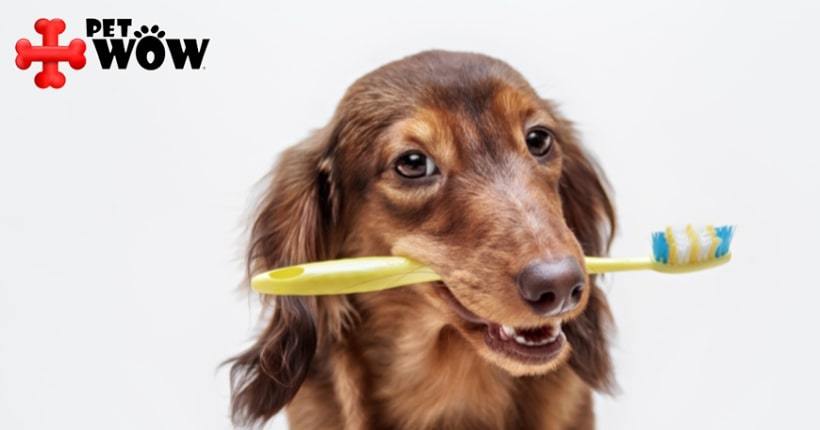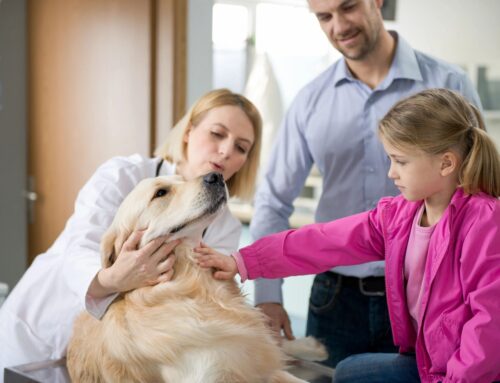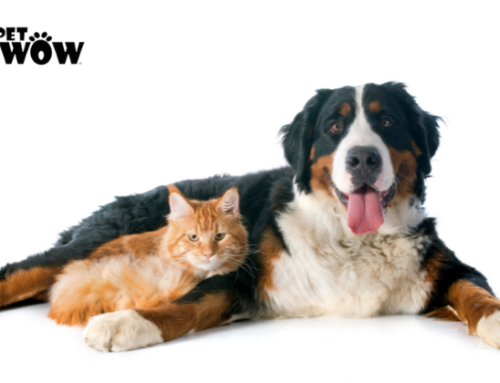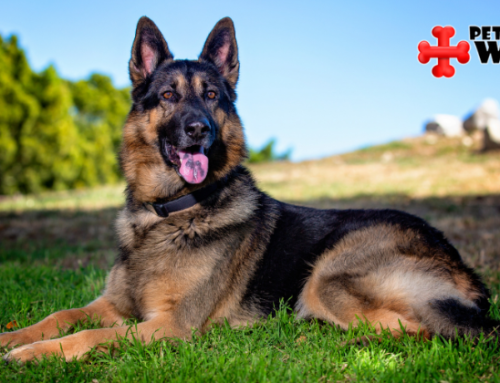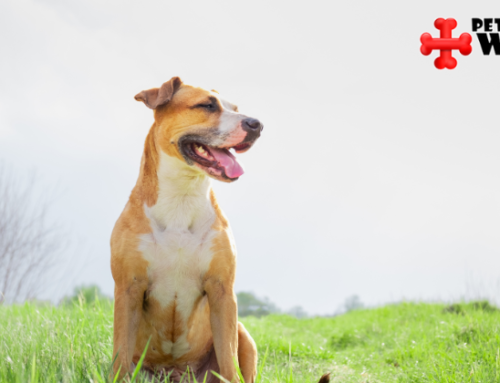According to the American Veterinary Dental Society, 80 percent of pets will develop some form of oral disease by the age of three. As pet owners, we want to keep our furry friends as healthy as possible. That’s why we make sure they get plenty of exercise, get regularly groomed and are eating right. But did you know that your dog’s oral health can impact their overall health, and that practicing good oral hygiene can have a positive impact on their well-being?
The Importance of Good Oral Hygiene
Without regular dental care, your dog has a greater risk of gum disease, which can make it difficult for them to eat. If left untreated it can lead to bacteria spreading to the liver and kidneys. Other dental problems that can occur due to lack of proper oral care include:
- Broken teeth and roots
- Periodontal disease
- Infected teeth
- Plate defects
Pet-friendly toothpaste, along with rawhide chews and certain dog treats can help create a complete oral care routine for your dog.
How To Brush Your Dog’s Teeth
So how often should you brush your dog’s teeth? To prevent serious dental disease, it is recommended to brush your dog’s teeth at home up to three times per week and take your pet for a professional dental cleaning twice a year.
Just like with humans, the most effective way to keep your dog’s teeth healthy is with regular brushing habits with a toothbrush and toothpaste. You can find a canine toothbrush at your local pet store and there are a variety of dog toothpastes to choose from, so you can find the one that’s right for you and your dog. Because developing a routine is important, here’s a few helpful steps to keeping your dog’s teeth healthy, shiny and clean.
Comfort Is Key
Because you don’t want to catch your dog by surprise and have them get defense, before you start brushing, make sure your dog is comfortable and at ease.
Test the Toothpaste
Let your dog try the toothpaste. This will help you find out whether or not it’s the right one to use.
Try the Toothbrush
It may take some practice but it’s important to get your dog accustomed to the feeling of a toothbrush.
Ease into It
Start by brushing only a few teeth each day, gradually working up to more.
Positive Reinforcement
Reward your dog for being good with their favorite toy and plenty of praise. While it may take some practice and patience on your part before your dog is completely comfortable with having their teeth brushed, you’ll eventually get your dog accustomed to regular brushings.
Dental Cleaning
Even though you’re brushing your dog’s teeth, he or she also needs regular professional cleanings twice a year from a vet. Animals develop tartar and plaque on their teeth just like we do, which is formed by food particles and bacteria. A dental cleaning visit will include a thorough dental examination, teeth cleaning and polishing to remove the tartar and periodontal disease-causing plaque. Most dogs and cats should have their first dental cleaning at 2-3 years of age. Small breed dogs should receive care no later than two years of age. Don’t wait much longer than this, as signs of periodontal disease are commonly seen by this age.
At PetWow, we believe in promoting a healthy lifestyle for our furry friends, that’s why we work hard to create a positive experience for them during their visits. More than 20,000 pet parents trust the health and grooming of their best friends to us, and we take that care seriously. To schedule your appointment, call us today at 513-738-9691 to schedule your appointment at our Highland Heights or Florence Kentucky locations, or for At Home Veterinary Care. For more pet care tips, follow us on Facebook, Twitter, Instagram, Pinterest or LinkedIn!

